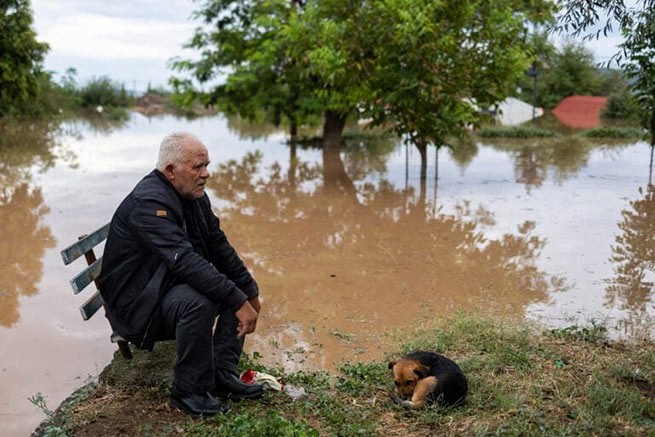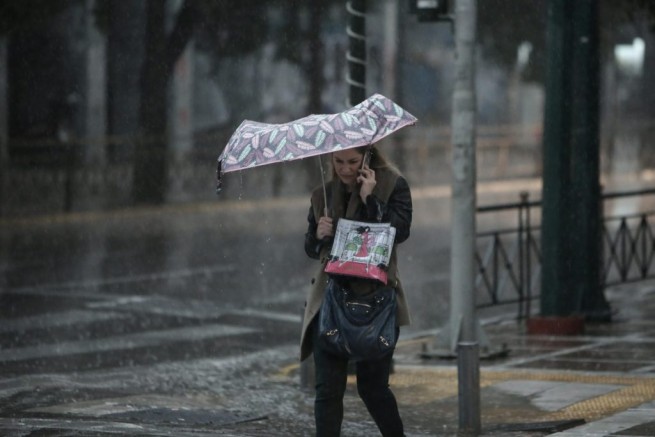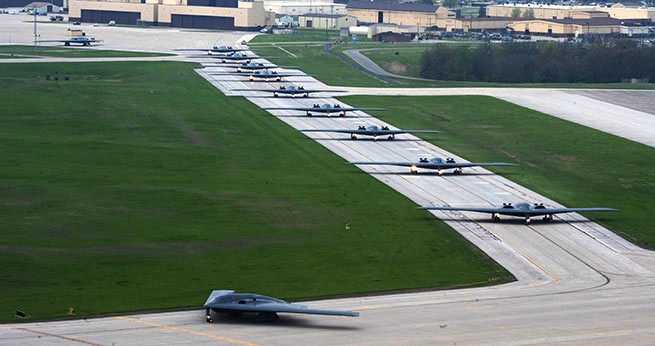A new study shows that 40% of food ends up in the trash, and more than half is thrown away during production. The environmental consequences of such reckless waste are nightmarish.
Currently, about 800 million people suffer from hunger, and almost 1/3 (30.4%) of the world’s population is not “food secure” *.
Food security is an element of the national security of the state. A situation in which all people at any given time have physical and economic access to sufficient quantitatively safe food to lead an active and healthy life.
A new report shows that 40% of all food produced – far more than previously estimated – ends up in the trash heap.
In turn, the report of the World Wildlife Fund (WWF) indicates a total loss of 2.5 billion tons of food, plant and animal origin, annually.
This is a huge increase of more than 1 billion tonnes, nearly double the amount reported by the Food and Agriculture Organization of the United Nations (FAO) in its most recent report a decade ago.
Contrary to popular belief, most of this waste is not generated at home, but in manufacturing.
In particular, 1.2 billion tons of unused products are thrown away at the production stage at farms and enterprises. Either because the quantity of products remains unclaimed and rotting, or because the problem of marketing the products was not solved before harvesting or slaughtering.
Another 931 million tonnes ends up in the trash from retail (grocery stores, restaurants, etc.) and from consumers. The rest of the food is destroyed during transportation, storage or processing.
Meanwhile, this waste refers not only to food, but also to all natural resources and energy consumed for their production. The heavy ecological footprint is estimated at 10% of total greenhouse gas emissions. That’s almost double the annual emissions of all cars in the US and Europe.
“For many years we have known that food waste (waste) is a huge problem that can be reduced, thereby reducing the impact of food and agricultural production on nature and the climate,” said Pete Pearson, head of WWF’s Global Food Initiative. But “this report shows that the problem is more serious than we thought.”






More Stories
4 scenarios for the development of the war in Ukraine
There was a scandal in Cyprus over the Prime Minister's plane, donated by K. Mitsotakis
Nuclear wrestling between the USA and Russia: are we heading towards the use of strategic weapons?